
Jun 15 , 2024
By Dolika Banda
This year's International Women's Day theme was an observation, a promise, and a call to action. Dubbed "invest in women—accelerate progress," it focused on investing in women, which is essential to building the positive "impact economies" envisioned in the United Nations (UN) Agenda for Sustainable Development, due for 2030. Such economies boast robust and equitable growth, reflect and support social progress, and meet environmental sustainability imperatives.
In my career in development finance, I have seen firsthand the difference that investing in women can make, not only for them but also for their businesses, families, communities, and countries. The data confirm my observations. Numerous studies have shown that investments in companies with diverse leadership yield larger-than-average returns.
According to findings from the African Development Bank (AfDB), in Africa, women typically reinvest up to 90pc of their income in their family and community's education, health, and nutrition, compared to 40pc for men. Further highlighting African women's economic power, Ipsos reports that 89pc of women are the primary decision-makers or co-decision-makers for household purchases.
When women succeed, their communities thrive. Each International Women's Day, international organisations and private actors eagerly offer statements of support for investing in them. But, in practice, not nearly enough funds are flowing toward women-led businesses. Globally, women entrepreneurs face a 1.7 trillion dollar financing gap. In Africa, that gap stands at 42 billion dollars, according to the AfDB.
The entrepreneurial drive of women in Africa is notable. It is the only region where women are more likely than men to be self-employed. Women in Africa are up to five times more likely to start a business than their European counterparts, with the female entrepreneurship rate reaching 26pc in sub-Saharan Africa. They are doing so in a highly dynamic economic context: African GDP growth is on track to outpace the global average this year, thanks partly to a potent demographic advantage.
What is not on track is the 2030 Agenda. Progress lags in many areas a mere six years before the deadline for achieving the agenda's 17 SDGs. In last year's Impact Taskforce report, we showed the difference that mobilising outcome-oriented capital for emerging markets and developing economies can make in advancing the SDGs and fostering the economies of the future. However, if new funding follows old patterns and investment in women falls short, these countries' full economic and social potential will remain untapped.
Why are funders not investing adequately in women?
The biggest barrier remains risk perceptions. As one male investor put it in a 2015 interview with the Harvard Business Review, "Ultimately, venture capital at the early stages is a people thing," and "[p]eople are just more comfortable betting on somebody that is more like them, looks like them, talks like them." It is a "comfort thing."
With women holding one-third of the seats on the boards of major banks, development finance institutions (DFIs), and investment consultancies, it is not enough to hope that women entrepreneurs will "look like" the investors from whom they seek capital. The gender imbalance at the top translates into inherent biases against women entrepreneurs.
The result is that both public and private financial institutions are locking women-owned businesses out of their funding streams – risking lower returns, slower economic growth, and fewer net social benefits – even as they trumpet their commitment to impact investing. We must urgently work together to change the narrative, showing that the real "risk" for funders lies in not taking advantage of African women's potential to propel growth.
Despite their many social and financial challenges, African women are leading the world in creating economic opportunities and social impact for themselves, their families, and their communities. DFIs and private financial institutions must match these women's ambition, ingenuity, and commitment. By reframing their thinking and delivering far more financing to women entrepreneurs in Africa, they can unlock faster economic growth, accelerate progress on the SDGs, advance the creation of impact economies, and inspire women entrepreneurs worldwide.
PUBLISHED ON
Jun 15,2024 [ VOL
25 , NO
1259]
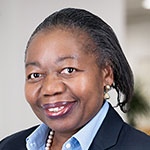
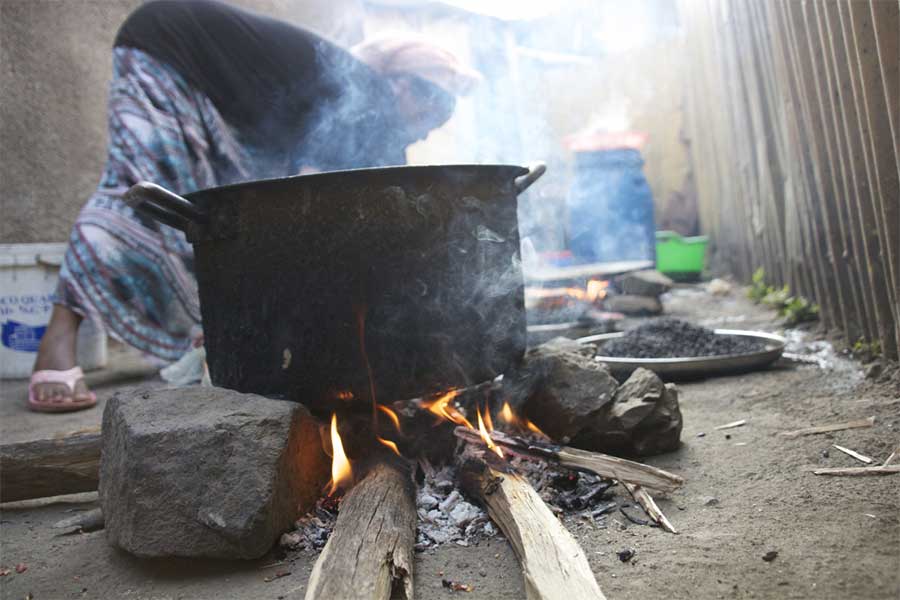
View From Arada | Feb 15,2020
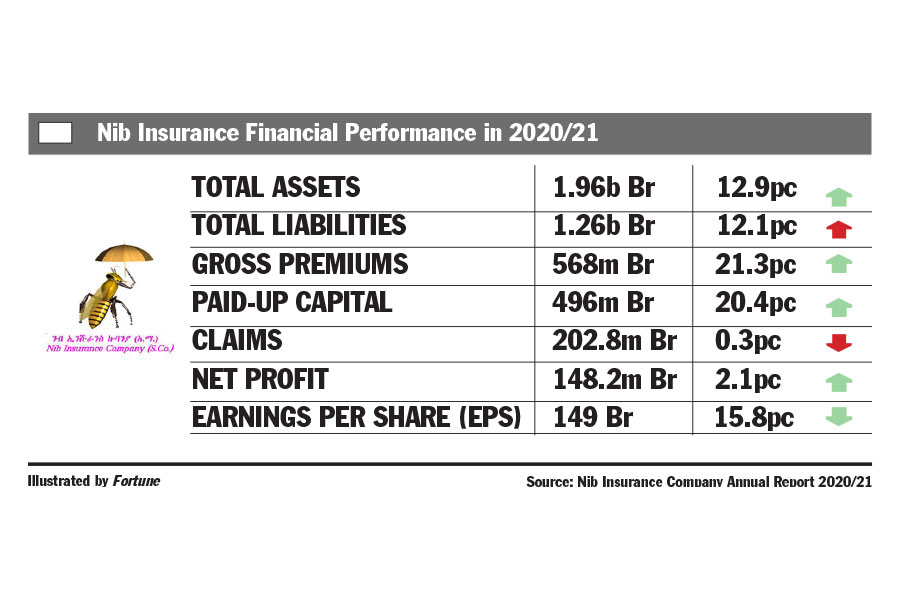
Fortune News | Jan 01,2022

Viewpoints | Jul 13,2019

Radar | Jun 12,2023

Viewpoints | Oct 30,2022

Commentaries | Apr 19,2025
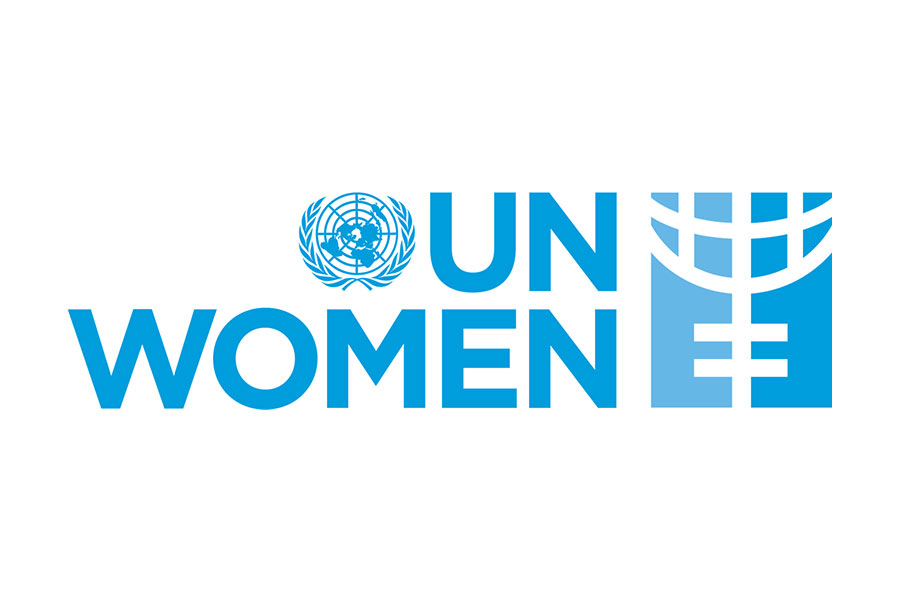
Sponsored Contents | Oct 25,2021
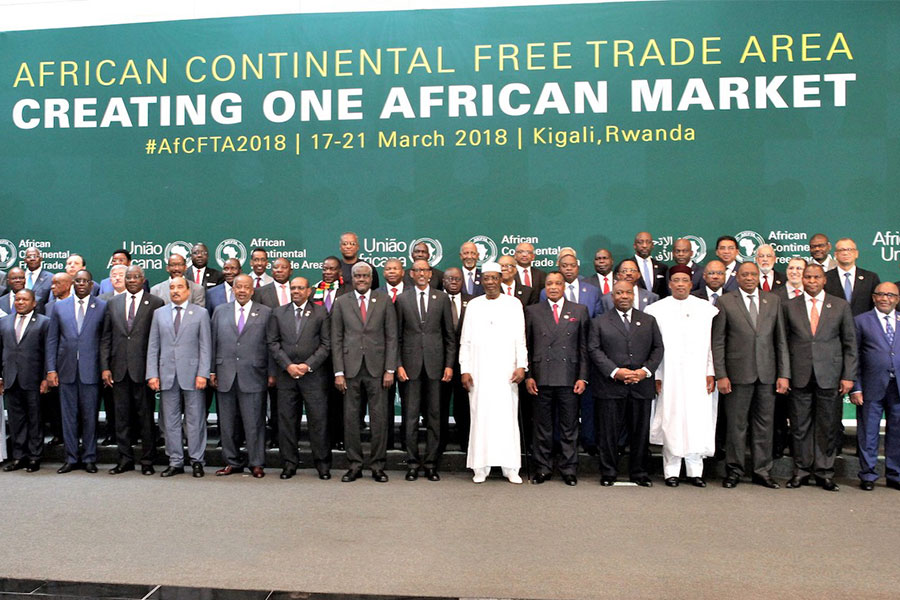
Fortune News | Mar 23,2019

Commentaries | Dec 04,2021

My Opinion | Apr 20,2024

My Opinion | 131453 Views | Aug 14,2021

My Opinion | 127805 Views | Aug 21,2021

My Opinion | 125786 Views | Sep 10,2021

My Opinion | 123421 Views | Aug 07,2021

Dec 22 , 2024 . By TIZITA SHEWAFERAW
Charged with transforming colossal state-owned enterprises into modern and competitiv...

Aug 18 , 2024 . By AKSAH ITALO
Although predictable Yonas Zerihun's job in the ride-hailing service is not immune to...

Jul 28 , 2024 . By TIZITA SHEWAFERAW
Unhabitual, perhaps too many, Samuel Gebreyohannes, 38, used to occasionally enjoy a couple of beers at breakfast. However, he recently swit...

Jul 13 , 2024 . By AKSAH ITALO
Investors who rely on tractors, trucks, and field vehicles for commuting, transporting commodities, and f...

Jun 28 , 2025
Meseret Damtie, the assertive auditor general, has never been shy about naming names...

Jun 21 , 2025
A well-worn adage says, “Budget is not destiny, but it is direction.” Examining t...

Jun 14 , 2025
Yet again, the Horn of Africa is bracing for trouble. A region already frayed by wars...

Jun 7 , 2025
Few promises shine brighter in Addis Abeba than the pledge of a roof for every family...

Jun 29 , 2025
Addis Abeba's first rains have coincided with a sweeping rise in private school tuition, prompting the city's education...

Jun 29 , 2025 . By BEZAWIT HULUAGER
Central Bank Governor Mamo Mihretu claimed a bold reconfiguration of monetary policy...

Jun 29 , 2025 . By BEZAWIT HULUAGER
The federal government is betting on a sweeping overhaul of the driver licensing regi...

Jun 29 , 2025 . By NAHOM AYELE
Gadaa Bank has listed 1.2 million shares on the Ethiopian Securities Exchange (ESX),...